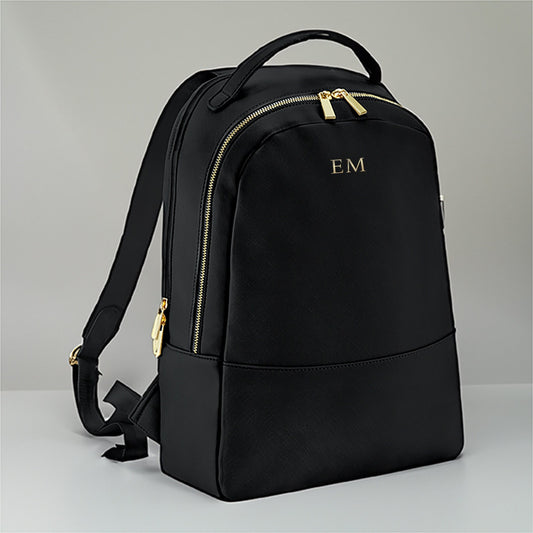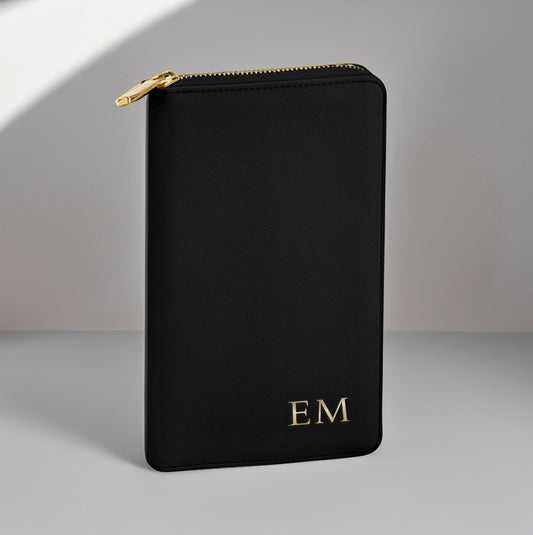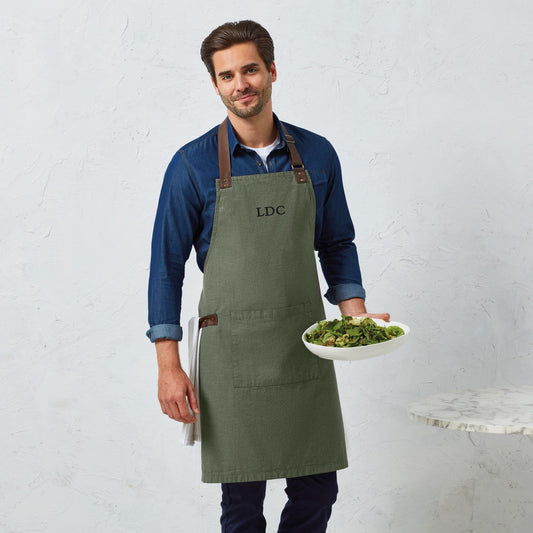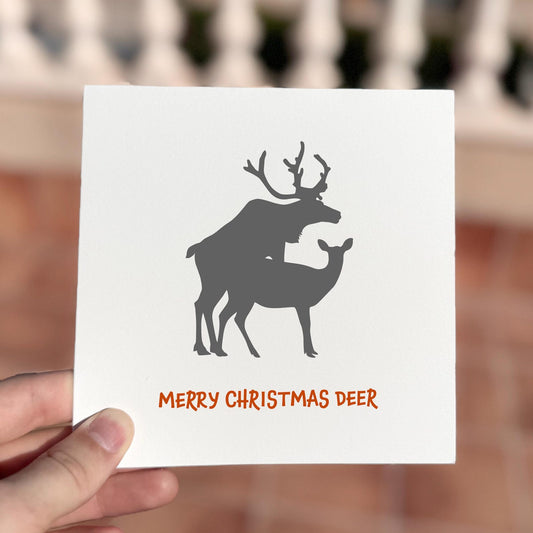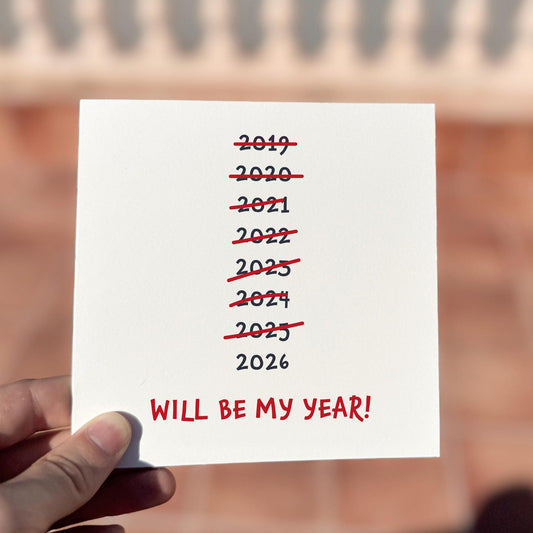Father figures in literature and film have long played crucial roles in shaping audiences' perceptions of paternal roles and responsibilities. These characters can embody traditional ideals of fatherhood, challenge them, or offer new perspectives on what it means to be a paternal influence. Here’s an analysis of some notable father figures across both mediums, exploring what makes them memorable and how they influence our understanding of fatherhood.
1. Atticus Finch – "To Kill a Mockingbird"
Atticus Finch, from Harper Lee’s "To Kill a Mockingbird," is perhaps one of the most celebrated father figures in American literature. He is a single father who combines moral rigor with deep compassion. His method of parenting is grounded in offering his children, Scout and Jem, autonomy to make their own decisions and learn from them, coupled with guiding them through the ethical mazes of life. Atticus is memorable not only for his role as a father but also for his strong principles in his professional life, demonstrating integrity and a commitment to justice and equality. His character offers a powerful example of how fatherhood extends beyond the home and shapes societal attitudes towards morality and justice.

2. Mufasa – "The Lion King"
In film, Mufasa from "The Lion King" is an iconic father figure whose influence extends beyond his life into the lessons he leaves for his son, Simba. Mufasa’s teachings about the circle of life and the responsibilities that come with leadership are profound. His presence is felt throughout the film, even posthumously, highlighting the lasting impact a father's guidance and teachings can have on their children. Mufasa’s character helps reinforce the ideals of wisdom, courage, and responsibility.

3. Marlin – "Finding Nemo"
Marlin, the overly protective clownfish father from "Finding Nemo," represents the modern anxiety-driven approach to fatherhood, characterised by an almost paralysing fear of the dangers that might befall his son, Nemo. Throughout their journey, Marlin learns to trust more and recognise his son’s capabilities and resilience. This evolution in Marlin’s character illustrates the journey of fatherhood itself—from fear and overprotection to acceptance and letting go, which is a relatable path for many parents.

4. Jean Valjean – "Les Misérables"
Jean Valjean from Victor Hugo’s "Les Misérables" acts as a father figure to Cosette, providing her a better life while on the run from the law. His sacrificial love and the lengths he goes to protect her underscore the theme that fatherhood can be adopted and not just biological. Valjean's legacy is one of redemption and compassion, teaching that fatherhood means unconditional love and protection, regardless of blood relations.

5. Daniel Hillard / Mrs. Doubtfire – "Mrs. Doubtfire"
In the film "Mrs. Doubtfire," Daniel Hillard, portrayed by Robin Williams, disguises himself as a female housekeeper to spend time with his children post-divorce. This character explores themes of desperation and transformation in fatherhood, showing how far a father might go to remain close to his children. The film blends humour with serious reflections on divorce, custody battles, and the pains of separation, making the father figure's role both poignant and memorable.

Father figures in literature and film are as diverse as they are influential. They can embody traditional values or challenge prevailing norms. What makes them particularly memorable is often their complexity and the depth of their relationships with their children. These characters not only entertain but also offer valuable insights into the shifting dynamics of fatherhood, reflecting broader societal changes and personal confrontations with what it means to be a good father. Through these stories, audiences can explore and often find reflections of their own experiences with paternal figures, helping to shape their understanding of the roles fathers play in our lives.
